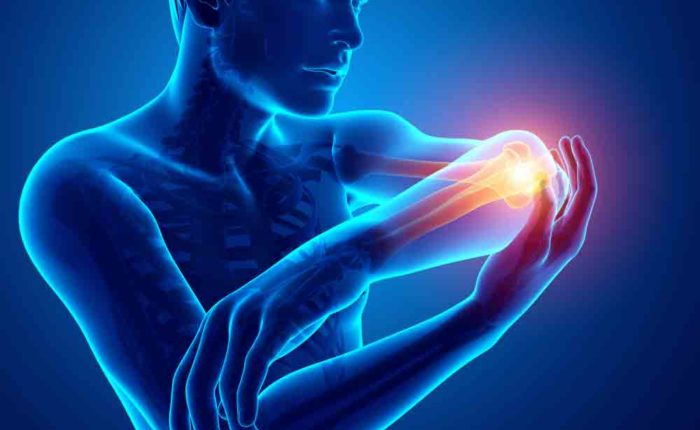Cubital Fossa Syndrome is a condition that involves pressure or stretching of the ulnar nerve (also known as the “funny bone” nerve).
Cubital Fossa Syndrome can cause numbness or tingling in the ring and small fingers, pain in the forearm, and/or weakness in the hand. Weakness of the intrinsic muscles of the hand which will affect grip strength can also occur and in severe cases the weakness may also affect the wrist and forearm. Symptoms are felt with either repetitive bending of the elbow or if the elbow is pressed against something. These symptoms are often felt when the elbow is bent for a long period of time, such as while holding a phone or while sleeping. Some people feel weak or clumsy.
Causes of Cubital Fossa Syndrome
- Pressure: The ulna nerve sits very close to the humerus bone in the elbow and there is very little padding between the nerve and the skin. This makes it susceptible to being compressed when pressure is applied to that area. Direct pressure (like leaning the arm on an arm rest) can press the nerve, causing the arm and hand — especially the ring and small fingers — to “fall asleep.”
- Stretching: Keeping the elbow bent for a long time can stretch the nerve behind the elbow. This can happen during sleep.
- Anatomy: Sometimes, the ulnar nerve does not stay in its place and snaps back and forth over a bony bump as the elbow is moved. Repeated snapping can irritate the nerve. Sometimes, the soft tissues over the nerve become thicker or there is an “extra” muscle over the nerve that can keep it from working correctly.
Physical Therapy Can Relieve Cubital Fossa Syndrome
Non-Surgical treatment is often successful especially if started early. Physical therapy will involve soft tissue techniques to reduce local adhesions and muscle tightness along with specific “nerve glides” to restore mobility of the ulna nerve as it passes around the elbow. Rest from aggravating activities is important. A pad over the elbow to prevent friction or a night-splint to prevent prolonged bending of the elbow can help.
Anti-Inflammatory medications are often useful to decrease irritation. If a 4 week treatment regime is not successful then surgery may be indicated. Surgery would involve either an ulna nerve transposition where the nerve is moved away from the bony medial epicondyle or a medial epiconylectomy-removal of the bone to free up nerve movement. Physical Therapy is needed post-surgery to restore elbow mobility, wrist/finger strength and prevent adhesions. Desensitization of the scar may also be needed.


